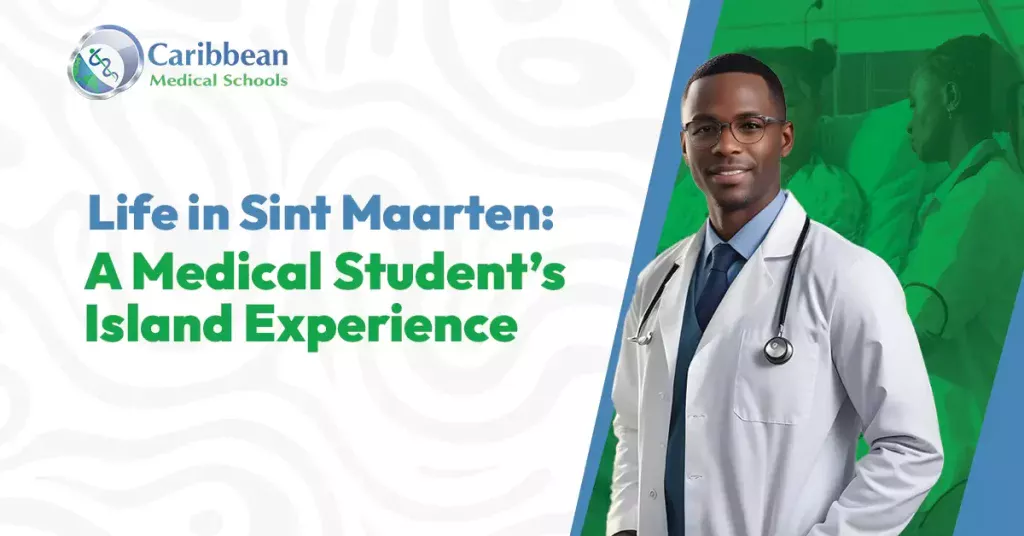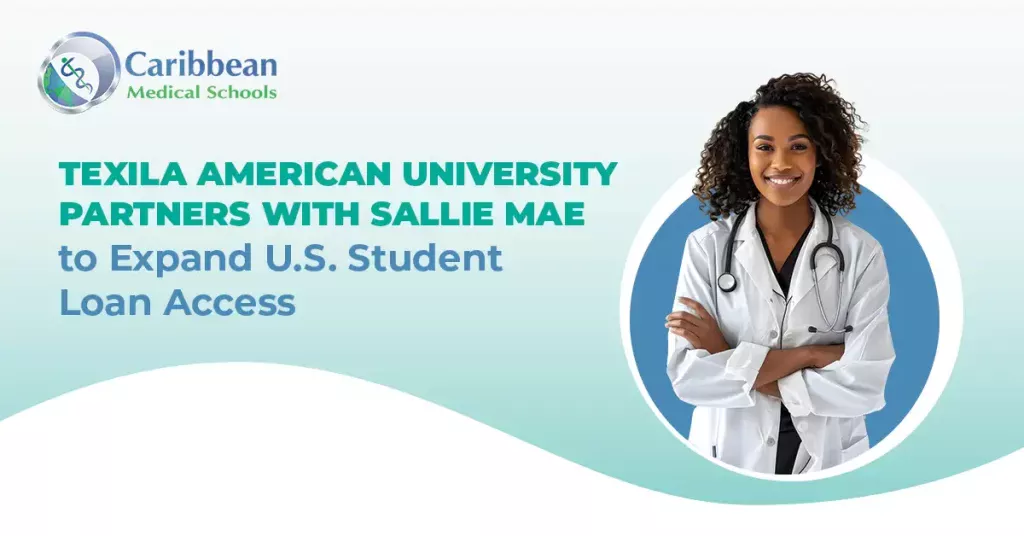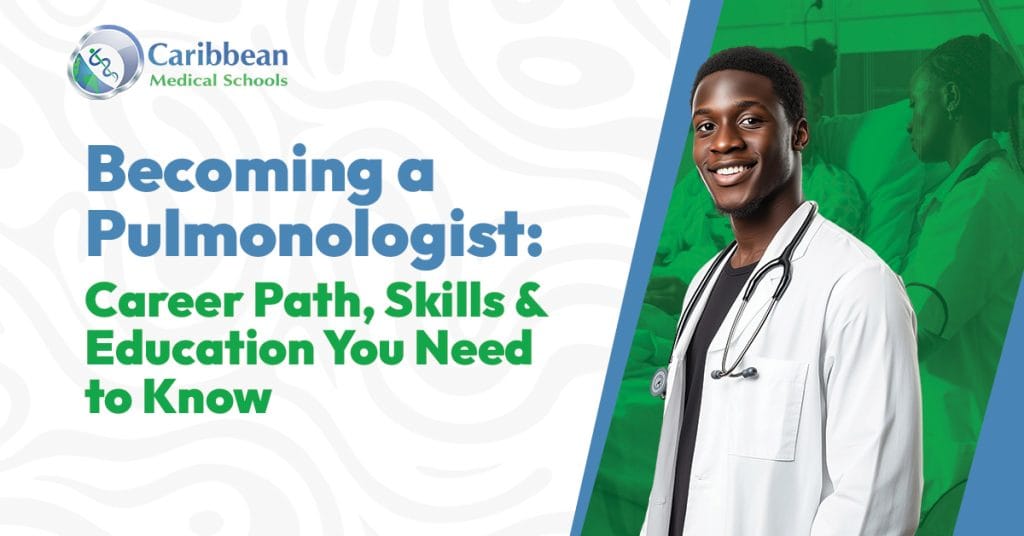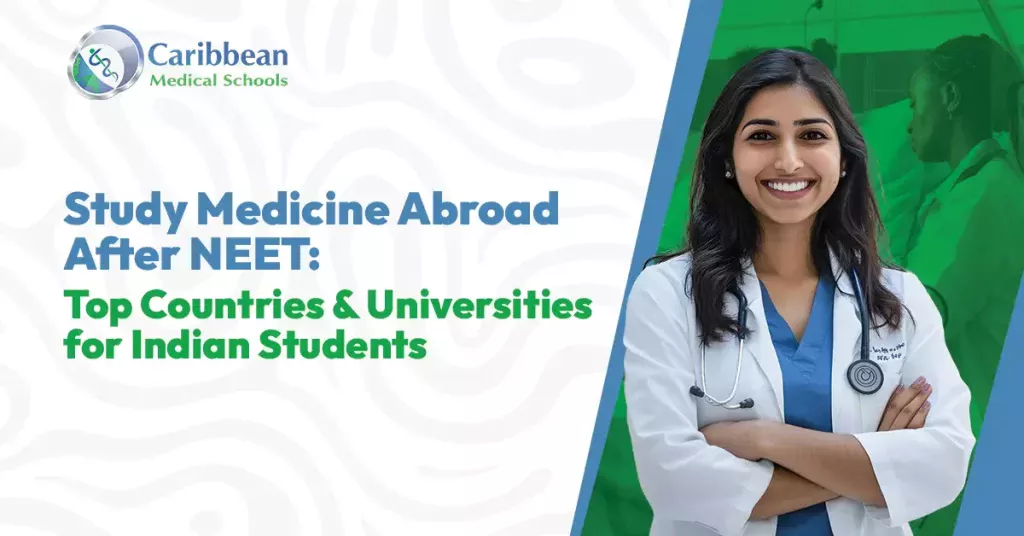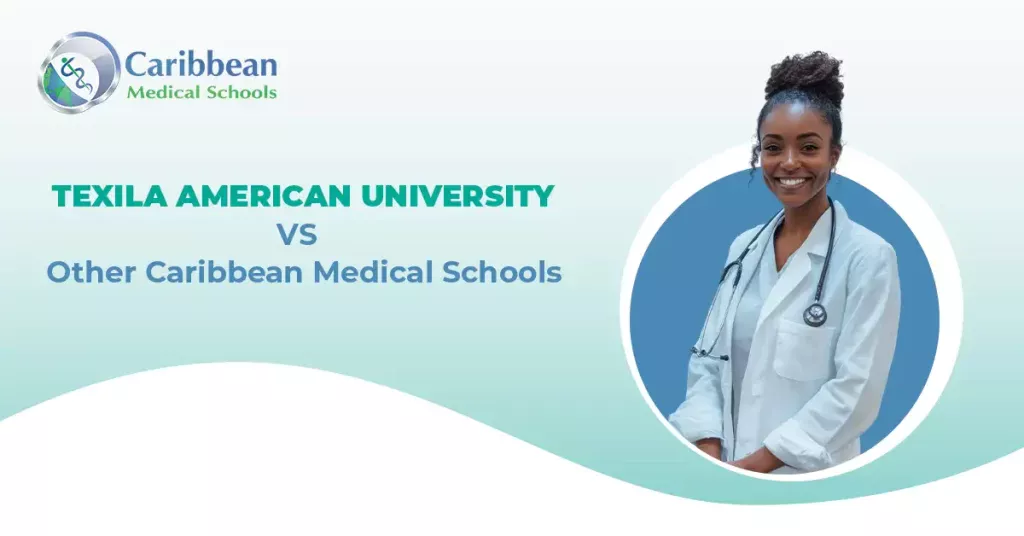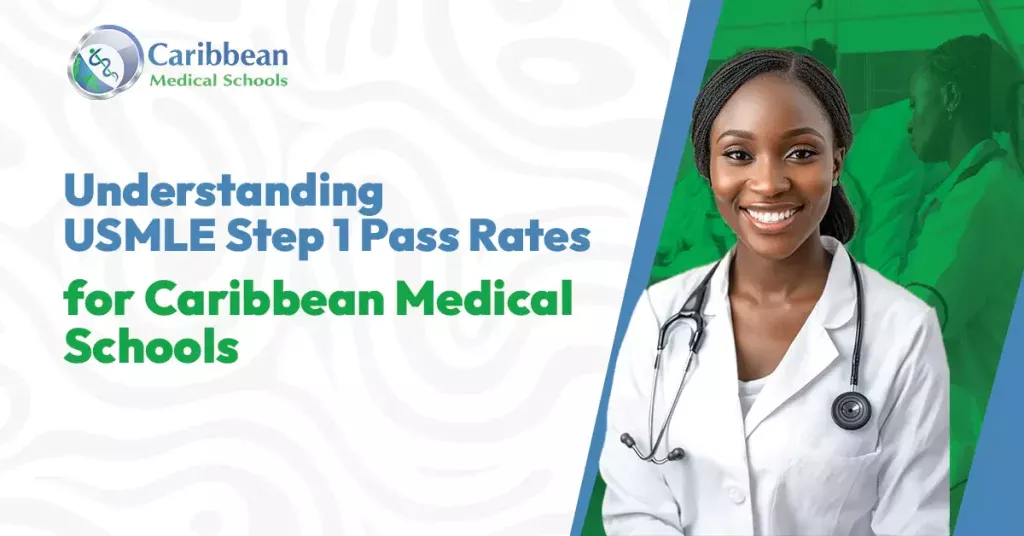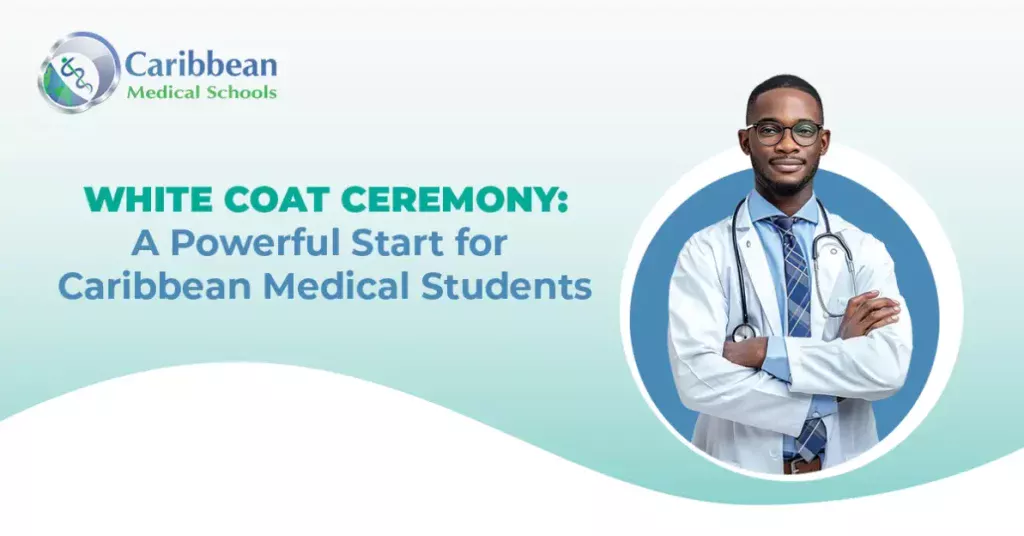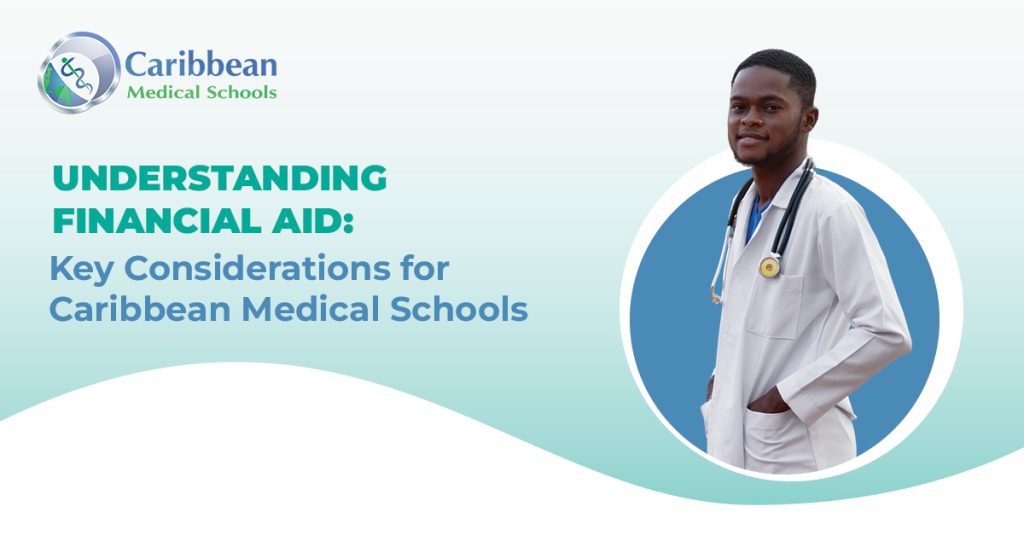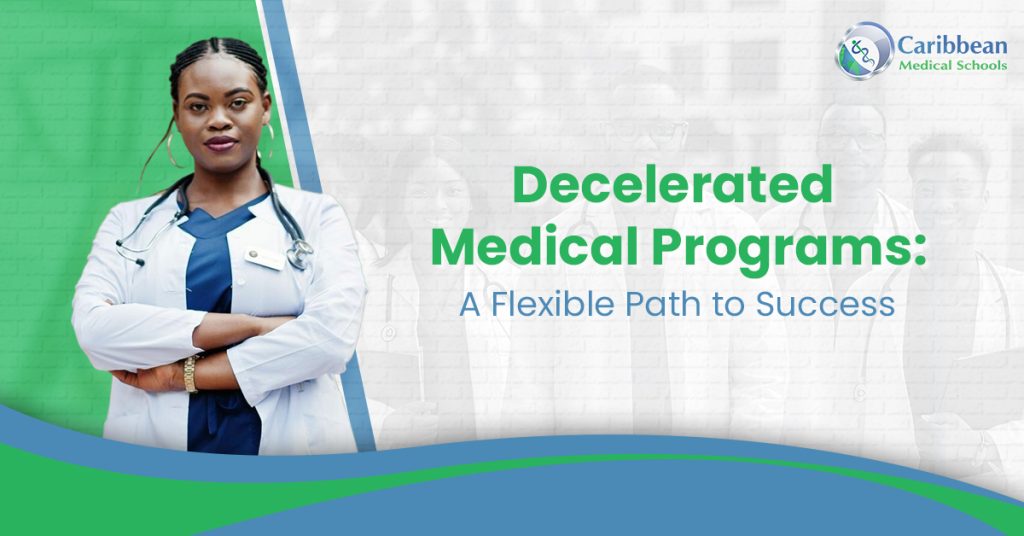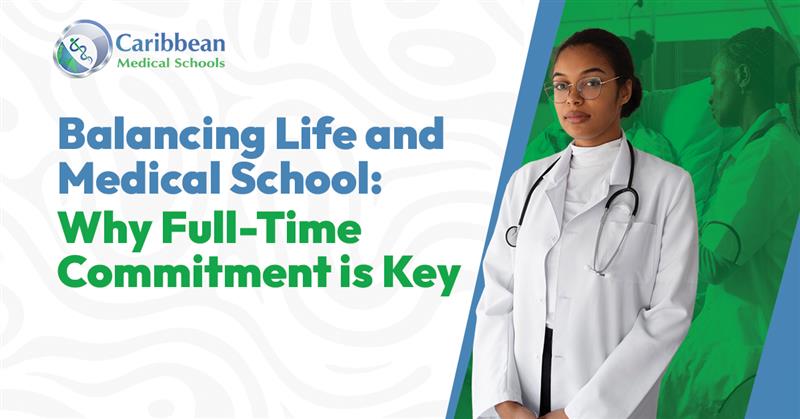Blog Summary
In today’s competitive medical education landscape, Caribbean medical schools have emerged as compelling options for aspiring healthcare professionals seeking a comprehensive, globally oriented-educational experience. This blog explores how Caribbean medical schools provide top-tier medical education, significantly enhancing career opportunities and personal growth post-graduation.
Content Top Picks
Introduction
Caribbean medical schools have gained international acclaim for their ability to produce highly skilled physicians who excel in diverse healthcare environments. Beyond their tropical locations and cultural richness, these institutions offer a structured pathway towards becoming competent healthcare providers, preparing students for the complexities of modern medicine.
Why Caribbean Medical Schools?
Choosing a Caribbean medical school offers several distinct advantages. These schools typically have more inclusive admission policies than their US counterparts, making them accessible to a broader range of students. Additionally, Caribbean medical schools boast diverse student bodies, fostering a multicultural learning environment that enhances cultural competence and global perspectives among students.
The Path to Success: Preparing for Caribbean Medical Schools
Understanding the Caribbean Medical School System
Caribbean medical schools follow a well-established educational framework integrating rigorous academic coursework with hands-on clinical training. The curriculum at Top Caribbean Medical Schools adheres to global standards, equipping students to pass licensure examinations successfully and excel in clinical practice globally.
Admission Requirements and Process
Admission intolerably requires a bachelor’s degree or equivalent, prerequisite coursework in sciences, and firm performance in admissions interviews, highlighting commitment to the medical field.
Academic Excellence: Curriculum and Learning Environment
Comprehensive Curriculum Designed for Success
Caribbean medical programs offer a comprehensive curriculum that covers fundamental medical sciences, clinical skills development, and exposure to various medical specialities. At Top Caribbean Medical Schools, the curriculum is organized to establish a robust grounding in fundamental sciences, supplemented by early integration of clinical experiences. This approach strengthens theoretical understanding through hands-on application from the outset of training.
Emphasis on Clinical Experience
A hallmark of Caribbean medical education is its emphasis on clinical training, which is pivotal for aspiring medical professionals. Students engage in clinical rotations at affiliated hospitals and healthcare facilities, collaborating closely with seasoned physicians to diagnose and treat patients. This hands-on experience enriches their clinical skills and cultivates confidence and professionalism, which are essential for their future careers in the medical field.
Research Opportunities
Caribbean medical schools recognize the importance of medical research in advancing healthcare knowledge. Students are encouraged to engage in research projects under faculty supervision, allowing them to explore their interests, contribute to scientific discoveries, and develop critical thinking skills essential for evidence-based medicine.

Global Perspective: Exposure to Diverse Medical Challenges
International Healthcare Exposure
Studying medicine in the Caribbean exposes students to diverse healthcare challenges unique to the region. From tropical diseases to public health disparities, students gain invaluable insights and practical experience in addressing global health issues that transcend borders.
Cultural Competence and Adaptability
Interacting with peers and faculty from diverse cultural backgrounds enhances students’ cultural competence and adaptability. These interpersonal skills are crucial for effective communication and collaboration in multicultural healthcare settings, where understanding and respecting cultural differences is essential for delivering patient-centred care.
Career Advancement: Residency Placement and Beyond
Strong Track Record in Residency Placement
Caribbean medical graduates have a strong track record of securing residency positions in competitive specialities across the United States, Canada, and other countries. The rigorous training and clinical exposure provided by Caribbean medical schools prepare graduates to excel in residency programs, contributing to high residency match rates and successful medical careers.
Networking and Alumni Support
Caribbean medical schools maintain robust alum networks and career services that provide ongoing support to students and graduates. Alums often play pivotal roles as mentors and advocates, offering guidance on residency applications, career opportunities, and professional development. These networking opportunities facilitate valuable connections that can shape students’ future careers in medicine.
Financial Considerations: Affordability and Value
Cost-Effective Education Options
Caribbean medical schools often offer more affordable tuition than those in the United States and other Western countries. This financial accessibility makes pursuing a medical education feasible for students facing financial constraints or seeking cost-effective alternatives without compromising educational quality.
Scholarships and Financial Aid
Caribbean medical schools offer scholarships, grants, and financial aid programs to support students further. These resources assist in covering tuition, living costs, and other educational expenses, ensuring that eligible students have the necessary support to achieve academic and professional success.
Lifestyle and Location: Living and Learning in the Caribbean
Quality of Life and Environment
Studying in the Caribbean offers students a unique quality of life characterized by natural beauty, a tropical climate, and a relaxed atmosphere conducive to learning and personal well-being. Many Caribbean medical schools are in picturesque settings that provide outdoor activities, cultural exploration, and relaxation outside academic pursuits.
Recreational Opportunities and Wellness
The Caribbean region offers abundant recreational opportunities, including water sports, hiking, and exploring diverse ecosystems. These activities promote physical fitness, mental well-being, and work-life balance, which are essential for maintaining overall wellness during medical training and beyond.
Personal Growth: Building Confidence and Independence
Personalized Attention and Mentorship
In Top Caribbean Medical Schools, smaller class sizes contribute to personalized attention from faculty and enhanced mentorship opportunities. Faculty members at Top Caribbean Medical Schools prioritize being accessible to students, providing personalized academic guidance, career advice, and emotional support throughout their medical education journey. This individualized approach fosters a supportive learning environment where Top Caribbean Medical Schools students can excel academically and personally.
Leadership Development and Soft Skills
In addition to academic excellence, Caribbean medical schools prioritize the development of leadership qualities and soft skills such as communication, teamwork, and problem-solving. These skills are critical for effective collaboration in healthcare teams, leadership roles, and advocating for patients’ needs. Students cultivate the skills needed to succeed in diverse healthcare settings through extracurricular activities, volunteer opportunities, and leadership training programs.
Conclusion
Caribbean medical schools play a pivotal role in shaping the future of healthcare by preparing competent, compassionate, and culturally competent physicians who are equipped to address global health challenges. Graduates of Caribbean medical schools emerge with a solid academic foundation and clinical skills and an international perspective, resilience, and dedication to improving healthcare outcomes worldwide.
FAQ
What are the primary benefits of attending a Caribbean medical school?
Attending a Caribbean medical school offers several benefits, including diverse clinical experiences, affordability compared to US medical schools, and substantial residency placement opportunities in competitive specialities.
How do Caribbean medical schools compare to US medical schools?
While Caribbean and US medical schools provide rigorous medical education, Caribbean schools often offer more accessible opportunities for international students and emphasize global health challenges relevant to diverse populations.
Are Caribbean medical degrees recognized worldwide?
Most Caribbean medical schools are accredited and recognized globally, enabling graduates to pursue licensure and practice medicine in various countries. However, graduates should verify specific licensure requirements in the countries where they intend to practice medicine.
What challenges might students face when studying in the Caribbean?
Students studying in the Caribbean may face challenges such as cultural adjustment, navigating residency application processes, and understanding visa requirements for international students. Prospective students must research and prepare accordingly.
How does the accreditation process work for Caribbean medical schools?
Accreditation ensures that Caribbean medical schools meet established standards of educational quality and clinical training. Prospective students should confirm the accreditation status of any medical school. When evaluating a medical school, prospective students should ensure its international recognition and compliance with licensure requirements in their intended practice location.


